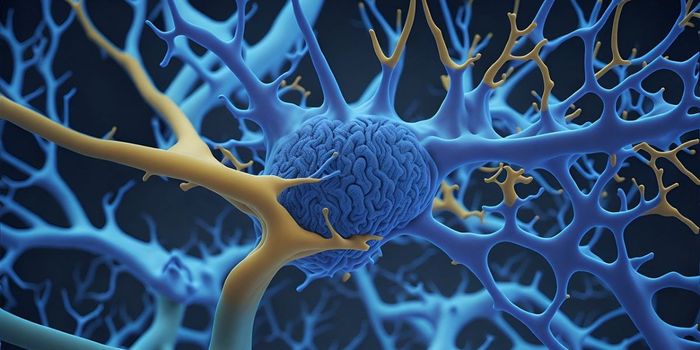Wasabi Compound Boosts Memory in Adults 60+
Wasabi is a green paste made from horseradish and mustard oil that is renowned in Japanese cuisine for its strong, spicy taste. Its main bioactive compound is 6 methylsulfinyl hexyl isothiocyanate (M-SITC), which is known to have antioxidant and anti-inflammatory effects that play an important role in cognitive health.
Previous studies have shown that the compound is beneficial for cognitive function in middle-aged adults. Until now, however, it has remained relatively unclear whether the compound has similar effects in healthy older adults aged 60 and over.
The researchers behind the current study thus investigated its effects in this older age group. To do so, they recruited 72 healthy adults aged 60 and over, and randomly assigned them either a wasabi compound or a placebo daily for 12 weeks. The researchers evaluated their cognitive performance both before and after the intervention.
Ultimately, they found that participants who took the wasabi compound for 12 weeks showed significant improvements in working and episodic memory performance compared to the placebo group. They noted, however, that there were no significant improvements in other cognitive domains, such as executive function, attention, and processing speed.
To explain the findings, the researchers wrote that the wasabi compound may reduce oxidant and inflammatory levels in the hippocampus, a part of the brain that plays a critical role in working and episodic memory performance. This decrease in oxidants and inflammation may then protect against brain damage and enhance neural functions in the hippocampus.
The researchers noted that their study is the first to show that 6-MSITC benefits memory in healthy older adults. They wrote, however, that there are limitations to their findings. For example, they did not measure any antioxidant or anti-inflammatory biomarkers, meaning that the underlying causes for their results remain speculative. Further research is thus needed to fully understand the effects and potential applications of 6-MSITC in cognitive health.
Sources: Neuroscience News, Nutrients









